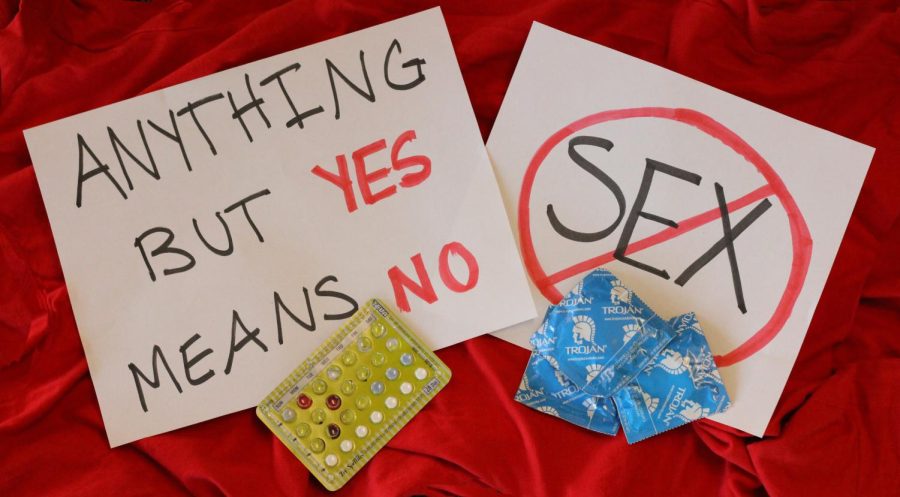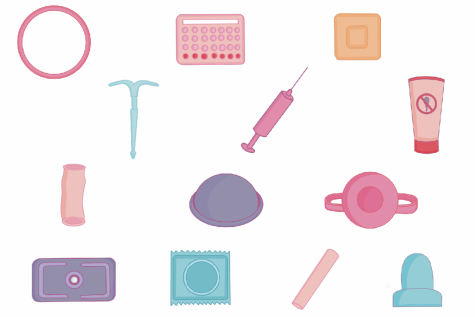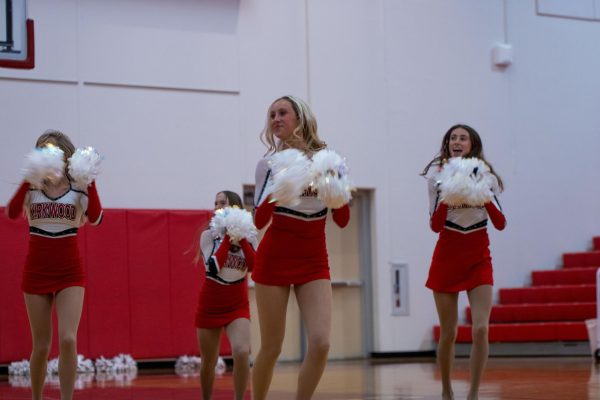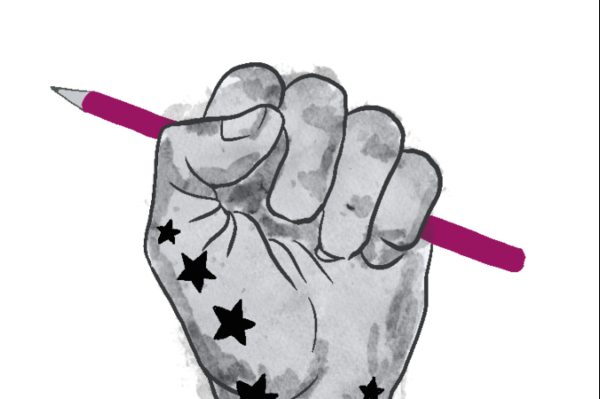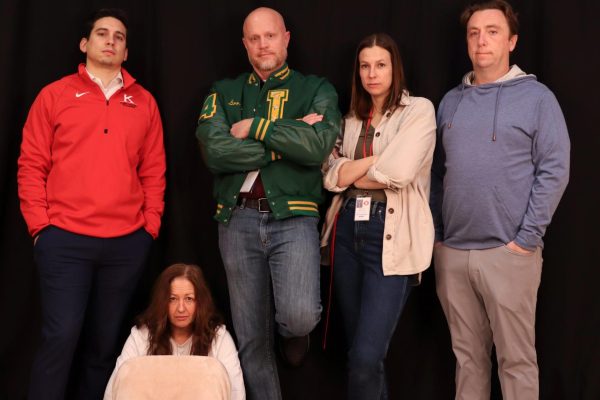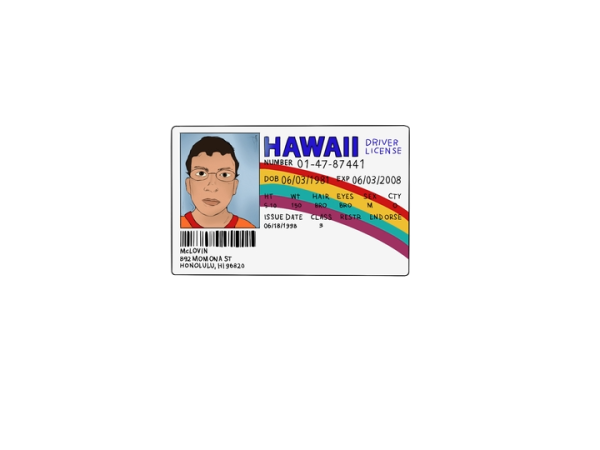Sex ed 101
While KHS teaches safe sex and abstinence, many private schools strictly teach abstinence.
“Somewhere the girl who may become your wife is keeping pure. Will you take to her a life equally clean?” This quote from a 1920s pamphlet reflected what sex education was at that time: modesty and self-control. The way public schools have taught sex has taken many forms throughout history. From focusing on family life in the ’50s to preventing pregnancy and STDs starting around the ’90s, the curriculum has been essential to generations of teenagers.
At KHS, the sex education curriculum is brought to the Curriculum Review Committee (CRC) in order to be established. The CRC is made up of parents, students and teachers, and is then voted on by the Board of Education. Currently at KHS, sex education discusses reproductive anatomy, teen pregnancy, STIs, contraceptives and consent. Despite the variety of topics, Peyton Nico, junior, believes there is still more to add.
“I want [sex education] to be far more comprehensive from a younger age,” Nico said. “I think we wait too long to teach a lot of things. If you look back at the video we watched in elementary school, it really missed out on a lot of things. And that [is bad] because that’s the time when people are going through a lot of change and have a lot of questions. If kids aren’t getting answers to their questions in a safe space, they’re going to end up going to what may be an unsafe space to get those questions answered.”
Along with teaching sex education at lower grade levels, Nico believes that the sex education system fails to include LGBTQ students in the conversation. According to Nico, high school is a time where students are exploring who they are, so education is vital.
“A lot of [LGBTQ] people don’t have other spaces to learn about [sex] besides the internet, and that can be a really unsafe place,” Nico said. “I think [sex education] really should include more basic definitions and share the experiences of people who are in the community.”
Robbie Winter, freshman, thinks sex education at KHS was taught well overall, especially when focusing on your own body’s anatomy.
“Of course, it’s important to know how your partner’s body works as well,” Winter said. “But also just knowing how your body works [is important] so you know your constraints, your limits, what you need to do in certain situations.”
At KHS, sex education discusses reproductive anatomy, teen pregnancy, STIs, contraceptives and consent.
While KHS teaches safe sex and abstinence, many private schools such as Cor Jesu Academy strictly teach abstinence. Maylin Dunn, Cor Jesu junior, learned about chastity in “Theology of the Body” class.
“The belief was that your sexuality is a gift from God,” Dunn said. “If you have sexual feelings toward someone [and] you can’t push it down, [the class taught to] notice that it exists, but [not to] act on it until you’re married. I wish they [taught more about] safe sex. And even if the church doesn’t agree with birth control, at least still teach us about it. Because the rest of the world knows about it, so it’s important to learn about.”
According to the Missouri State Regulations of the U.S. Department of Education, private schools in Missouri create their own sex education content if they choose to teach it. Public schools are not required by the state to teach sex education as long as they educate students on health education and HIV/AIDS prevention, as stated by Sex Education Collaborative. If a public school in Missouri chooses to teach further sex education, they have to present abstinence as the preferred form of behavior. Public schools in Missouri also have to teach about consent if schools want to provide additional sex education, a topic Gina Woodard, KHS health teacher, finds to be a needed skill. To her, bodily autonomy and learning when to say “no” is a major takeaway from sex education.
“I really hope [students] understand that, for better or for worse, the choices you make as a high school or college kid can really have a long term impact,” Woodard said. “[Students] should know they’re in control of their bodies and they don’t need to apologize if they are uncomfortable. So I think just the understanding that, ‘Hey, I know you’re a kid and it kind of stinks, but the decisions that you’re making now can impact your life, positive and negative.’”
Your donation will support the student journalists of Kirkwood High School. Your contribution will allow us to purchase equipment and cover our annual website hosting costs.

She/Her
Hobbies and Interests: music, writing, traveling, and spending time with my friends
Favorite song: She by Harry Styles
Favorite Quote:...

she/her
Hobbies and Interests: photography, viola, track & field
Favorite Song: none
Favorite Quote: "Everything you've ever wanted is sitting...


